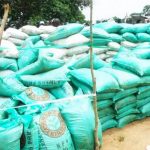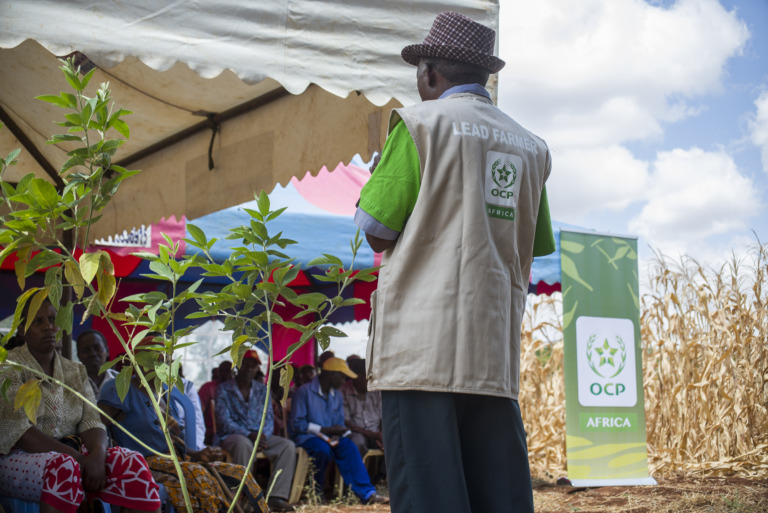The Presidential Fertilizer Initiative has entered a new phase, PFI 3.0, aimed at guaranteeing Nigerian farmers a steady and resilient supply of fertiliser in line with President Bola Tinubu’s drive for food sovereignty.
A statement by the initiative’s Executive Director, Portfolio, said the new phase focuses on building a sustainable raw materials pipeline for blending plants across the country, ensuring Nigeria can achieve self-sufficiency in crop production for both food and industrial purposes.
According to the statement, raw material inflows in 2025 have already surpassed the total supplied in 2024, with further deliveries secured through agreements with major producers. By September 2025, ten vessels had delivered or were expected to discharge more than 560,000 metric tonnes of critical inputs at Nigerian ports. Since 2022, 48 vessels have brought in raw materials under the initiative.
The Ministry of Finance Incorporated confirmed that these consistent supplies are laying the foundation for stability in fertiliser production. Its Managing Director and CEO stressed that PFI 3.0 is not just about volume but about building a system that shields farmers from global market shocks, strengthens public–private collaboration, and provides the confidence needed for long-term planning.
The initiative’s inflows have enabled over 4.5 million metric tonnes of finished fertiliser production between 2021 and 2024, while cumulative production since inception has reached more than 128 million bags delivered directly to farmers nationwide.
Industry stakeholders also point to the expansion of blending capacity as a critical factor. The Fertilizer Producers and Suppliers Association of Nigeria said the number of operational blending plants has grown to more than 90, with a combined annual capacity of 13 million metric tonnes. This expansion, they noted, has brought fertiliser closer to farms and reduced transportation costs.
While supply remains strong, sector leaders acknowledged persistent concerns about rising fertiliser prices, attributing them to foreign exchange volatility and global raw material costs rather than local scarcity.
Stakeholders maintain that PFI 3.0 represents a strategic effort to balance availability, affordability, and resilience in Nigeria’s fertiliser value chain ensuring farmers can plan and produce with greater certainty.










